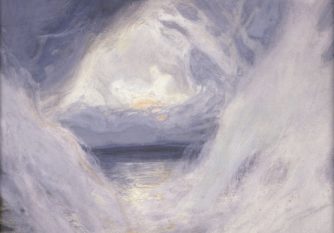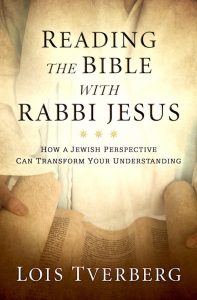by Lois Tverberg
If He had rescued us from Egypt,
but not punished the Egyptians,
It would have been enough. (Dayeinu )If He had punished the Egyptians,
but not divided the Red Sea before us,
It would have been enough.If He had divided the Red Sea before us,
but not supplied us in the desert for 40 years,
It would have been enough.If He had supplied us in the desert for 40 years,
but not brought us to the land of promise,
It would have been enough.If He had brought us to the land of promise,
but not made us a holy people,
It would have been enough.How much more, then, are we to be grateful to God for all of these good things which he has indeed done for all of us!
The verses above are from a much longer melody that is sung at Passover celebrations every year. It is a very ancient song, written about 1000 years ago. It is one of my favorite parts of the celebration, as a long list of God’s blessings are recounted, with the idea that if God would have stopped at any one, they would have been completely satisfied. What a wonderful attitude of gratefulness! How much longer would the list be if we as Christians added to them…
If He had redeemed me with His suffering and death,
but not filled me with His Spirit,
it would have been enough.If He had filled me with His Spirit,
but did not guide my life daily as His disciple,
it would have been enough.If He guided my life daily as His disciple,
but did not lovingly answer my prayers,
it would be enough.If He lovingly answered my prayers
but did not give me His promise to spend eternity with Him,
it would be enough.(Add your own verses here!)
How much more, then, are we to be grateful to God for all of these good things which he has indeed done for all of us!

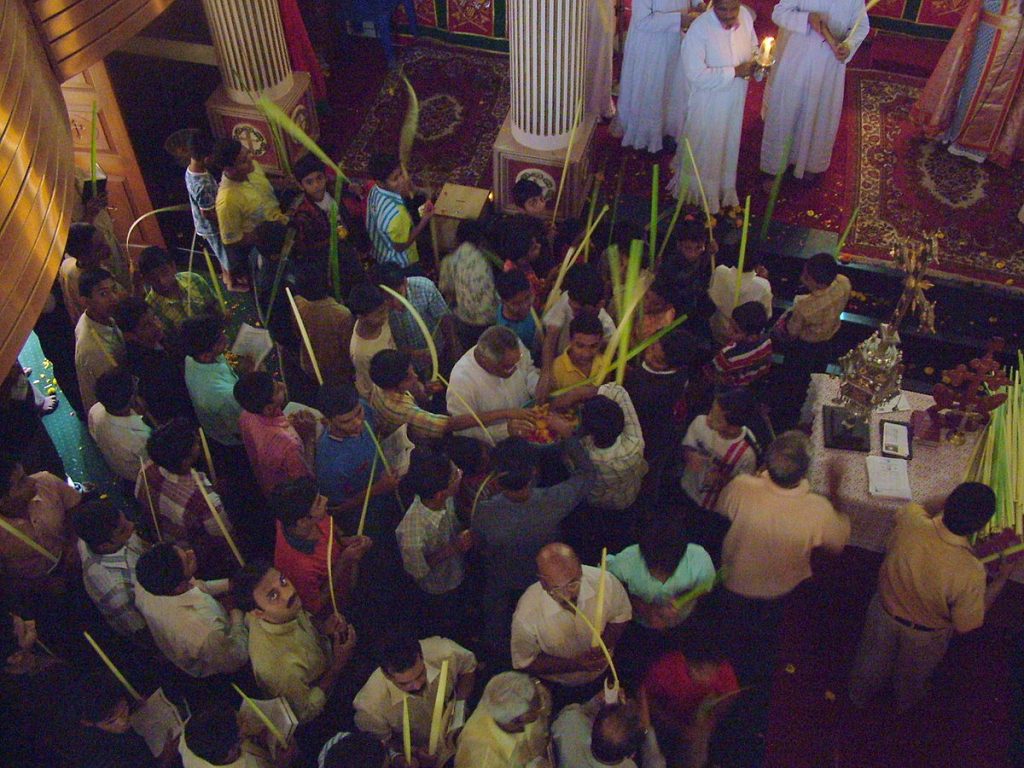
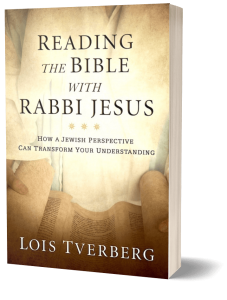
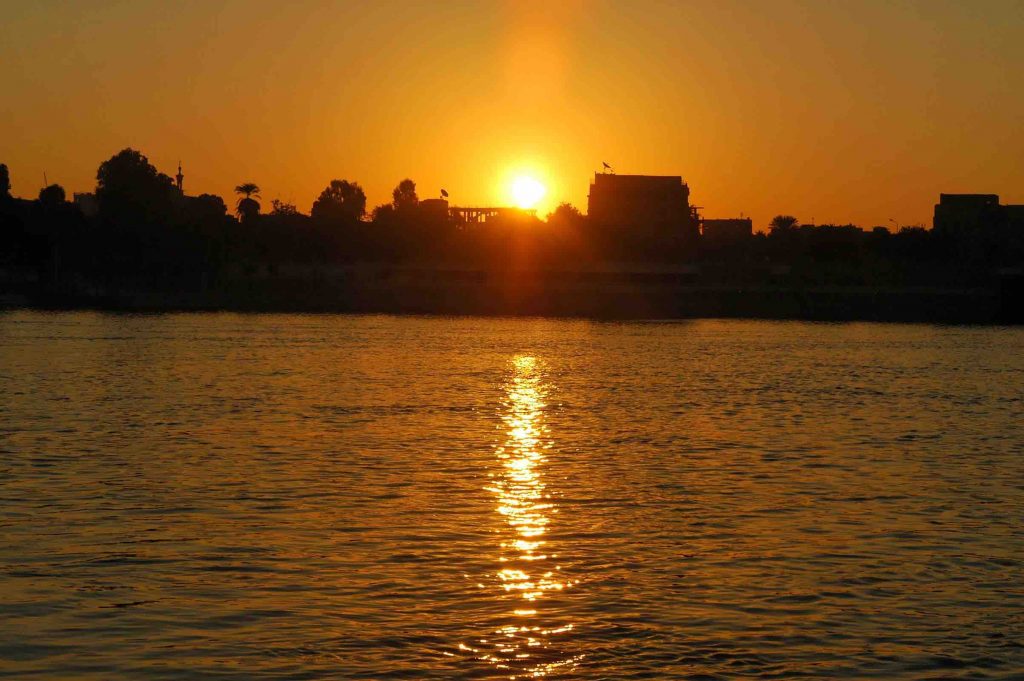
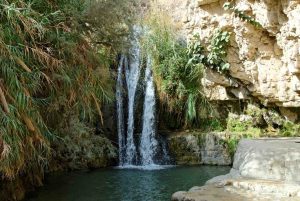 In this story we find the Israelites “grumbling” to Moses and Aaron about their present circumstances. The Hebrew meaning behind this translation conveys a much stronger picture, that of a riotous mob wanting to kill their leaders. I find myself quickly judging the Israelites, thinking that since they had just been brought out of the land of slavery, how could they be complaining already? After all, they had seen the mighty hand of God on the night of Passover, they had experienced the parting of the waters of the Red Sea, manna appeared with the dawn, quail fell from the sky, and they had benefited from many other miracles. How could they be so ungrateful as to be complaining about thirst?
In this story we find the Israelites “grumbling” to Moses and Aaron about their present circumstances. The Hebrew meaning behind this translation conveys a much stronger picture, that of a riotous mob wanting to kill their leaders. I find myself quickly judging the Israelites, thinking that since they had just been brought out of the land of slavery, how could they be complaining already? After all, they had seen the mighty hand of God on the night of Passover, they had experienced the parting of the waters of the Red Sea, manna appeared with the dawn, quail fell from the sky, and they had benefited from many other miracles. How could they be so ungrateful as to be complaining about thirst?